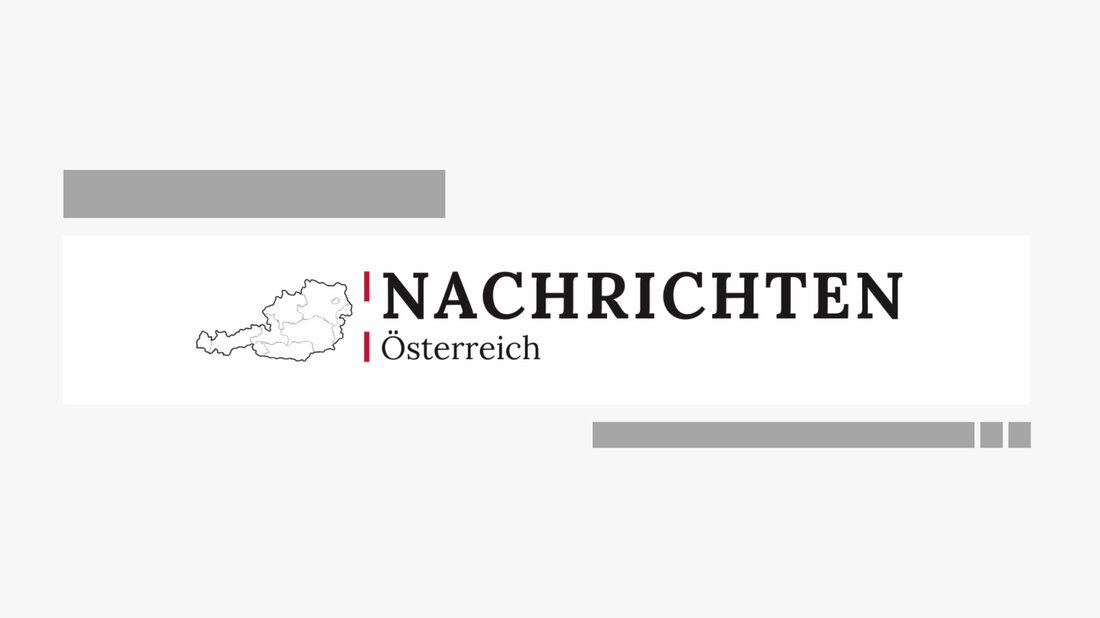Anti -Semitism grows among young people: alarming study results

Anti -Semitism grows among young people: alarming study results
A current study shows that anti -Semitism in Austria is increasingly a problem with young people. The investigation, which has been carried out every two years since 2018, is based on a survey of 2,037 people aged 16 and over, which took place in October and November 2024. There was also an additional sample of 1,080 people with a migration background, especially from Turkey and Arabic -speaking countries. According to the study, 13% of the most respondents have manifest anti -Semitic settings, which is a slight decline compared to 2022 than this value was 15%. At the same time, latent anti -Semitism remains stable at 33% (2022: 32%).
The results are particularly worrying among younger people. For example, 15% of the respondents under the age of 25 believe that the reports on concentration camps are exaggerated. In addition, 31% of the participants agree to the statement that the Jews can be understood because of Israel's politics - an increase in 8 percentage points. 35% of the respondents believe that Israelis treat the Palestinians in a similar way to the Germans in World War II, an increase of 5 percentage points since 2022. These results illustrate that anti -Semitism is not only rooted in broad society, but also increases in younger age groups.
anti -Semitism and educational paths
The study emphasizes that anti -Semitism appears increasingly in people with little knowledge of Judaism and a tendency to conspiracy beliefs. An increase in anti -Semitic attitudes can also be observed under university graduates. Social networks and their media consumption also contribute to strengthening conspiracy myths. Experts therefore call for a fundamental re-evaluation of the Holocaust education in the education system and a deeper integration of the topic into the curricula. National Council President Rosenkranz also expressed the desire to improve school education over the Holocaust and supports the proposal of a Holocaust center of the Israelite cultural community of Vienna (IKG).
short advertising
anti -Semitism remains a serious threat to the social cohesion and the basic values of the state. The historical perspective is also important: Anti -Semitism has a long and tragic history in Austria, which began with the takeover of the National Socialists in March 1938 and led to persecution, flight and murders that have shaped the Jewish life in Austria. These remnants of the past are still today, more than 80 years after the "connection" and the November pogroms, what is documented by the results of the latest study.
strategies against anti -Semitism
In order to counter the spread of anti -Semitism, the Federal Ministry of Education, Science and Research (BMBWF) is committed to various programs. These include the training and further training of teaching staff as well as the creation of learning materials for the prevention of anti-Semitism. A central element in the strategy is the Austrian Center for Anti-Semitism Research, while the program is reminiscent of: at teachers in Holocaust formation. As part of the 2018 Austrian EU Presidency, the struggle against anti-Semitism was shown as a significant field of action, and the national strategy against anti-Semitism comprises 32 measures, with ten the area of responsibility of the BMBWF.
The fight against anti -Semitism is also of central importance against the background of social developments. Studies show that anti -Semitism is deeply anchored in society, which makes many Jews feel molested and threatened. It is essential to combat the roots of anti -Semitism through education, research and social initiatives and to give the victims a voice. These challenges require solidarity and common action in the entire society.
Further information on the problem and the measures against anti-Semitism in Austria can be found in the reports of Kleine Zeitung and bmbwf .
Place of the event detailed detailed reported? other in which regions? Austria known in more detail? Vienna, Austria best reference kleinezeitung.at
Source: die-nachrichten.at
